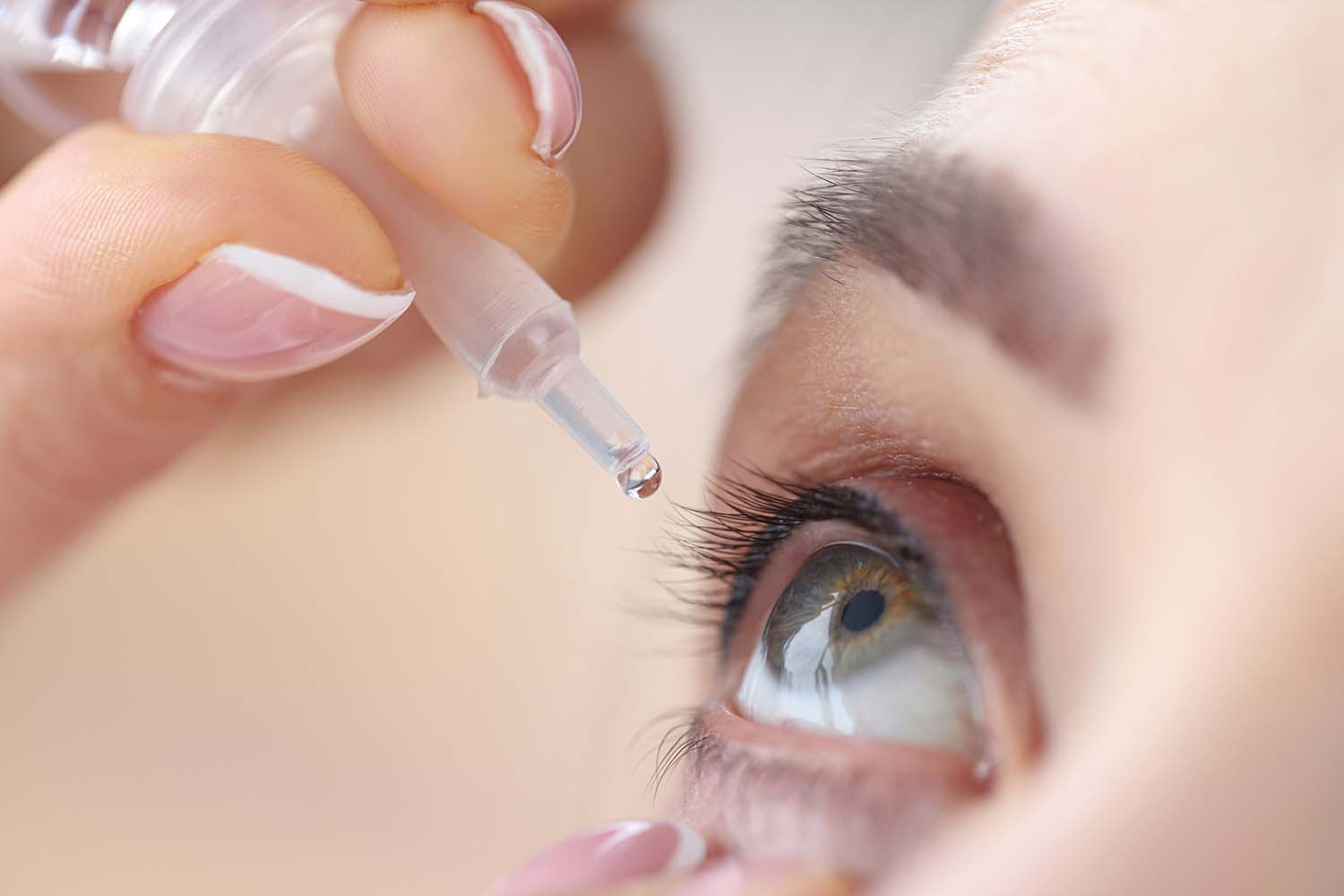Sjögren's Syndrome is an autoimmune disease that attacks the tear and salivary glands, and generally results in widespread dryness in the body.
In addition to dry eyes and mouth (called Sicca Syndrome), this can result in difficulty breathing and problems with digestive and bowel function. As with most autoimmune illnesses, it is much more common in women than men.
Unfortunately, key and very treatable parts of the process are often being missed.
Over 4 million Americans who suffer with Sjögren's, or even simply dry eyes and mouth, are missing very simple treatments that are natural and could give them their life back.
Diagnosis
To start, it is critical to understand that Sjögren's often occurs alongside other conditions such as fibromyalgia. If all of the symptoms are blamed on the Sjögren's, then other treatable causes may be missed.
If you also have widespread pain along with fatigue and insomnia, think fibromyalgia!
Over the years, I have treated many women who had fibromyalgia secondary to their Sjögren's, and like most cases of fibromyalgia, they do very well with treatment with my "S.H.I.N.E. Protocol," averaging 90% improvement in quality of life in our published research.
Although the Sjögren's certainly can cause pain and fatigue, if the pain is widespread and there is also insomnia present, I find that a secondary fibromyalgia is also usually present — and treating this can result in dramatic improvement.
Treatment
Standard medical treatment includes artificial tears and saliva, and in more severe cases immune blockers such as prednisone, Plaquenil, and even the cancer medication Methotrexate, along with Motrin family medications.
Dry eyes and mouth, called Sicca Syndrome, is common not only in Sjögren's but also in fibromyalgia and in common life.
Whether you have Sjögren's, simply have dry eyes or dry mouth, or the combination of these with fatigue, widespread pain and insomnia (fibromyalgia), know that effective treatment is often available – naturally!
Although artificial tears and saliva are helpful, natural treatments can also help stimulate your natural lubrication. Below is the recipe that I recommend.
-
Oil Supplements
Just like oils act as lubricants in your car, they can also assist lubrication in your body.
Three key oils are especially important for dry eyes:
-
Fish Oil
Either a portion of salmon or tuna daily, or take fish oil supplements.
-
Sea Buckthorn Oil
This special oil from the berries of a cold weather shrub is a special essential fatty acid called an Omega 7 (along with other helpful oils). This remarkable and little-known nutrient is very helpful at improving lubrication throughout the body, including tears, saliva, bowel protection, and vaginal dryness.
-
Evening Primrose Oil or Borage Oil
In one study combining this oil with vitamin B6 and C, 76% had improvement in dry eye symptoms.
-
-
Other Treatments
Other treatments that are clinically helpful for dry eyes and mouth include:
-
B Complex
50 mg vitamin plus 200 mg of magnesium 200 mg each day.
-
Sugar-Free Lemon Drops
Suck on sugar-free lemon drops or drink sugar-free lemonade (e.g., Stevia, Truvia or PureVia sweetened). Avoiding sugar is critical as saliva is a major protection against cavities, and sucking on sweets when you have dry mouth is a good way to suddenly turn up with a mouthful of holey teeth. Lemon stimulates saliva production.
-
Sugar-Free Chewing Gum
Suck on sugar-free chewing gum. This actually helps protect against cavities, but most importantly stimulates bowel function (called peristalsis) which is problematically decreased in Sjögren's. In fact, a study many years ago showed that simply having patients chew gum when they wake up after bowel surgery (surgery puts the bowels to sleep) resulted in restoring bowel function more quickly, shaving several days off the average hospital stay.
-
Check for Food Allergies
Blood tests (anti-transglutaminase IgG and IgA levels) should be checked for a genetic wheat allergy as this is positive in 14.7% of those with Sjögren's, compared to only 1% of the general population.
-
-
Managing Pain and Fatigue
If the patient has widespread pain and fatigue in Sjögren's, there is a significant chance that they also have fibromyalgia. Rheumatoid arthritis, unlike Sjögren's, is usually associated with red hot swollen joints.
I have discussed earlier about treating fibromyalgia with S.H.I.N.E.. The combination of insomnia, fatigue, and widespread pain suggest that fibromyalgia is also present. If so, do the free CFS Symptom Analysis Program to determine what you need to do to get well.
Although arthritis medications such as ibuprofen are often used to treat the pain, I prefer natural remedies such as:
-
Curcumin
Over 1,000 studies show curcumin to be a very promising herb for pain relief.
-
Boswellia, Cherry, and Willow Bark
These three herbs make an excellent herbal mix for reducing pain, including inflammatory and muscle pain. They can be found in a good herbal pain relief supplement.
-
More Information Online
- Energy Analysis Program (free tool that helps you find the causes of your fatigue)
- Treating Dry Eyes and Dry Mouth




